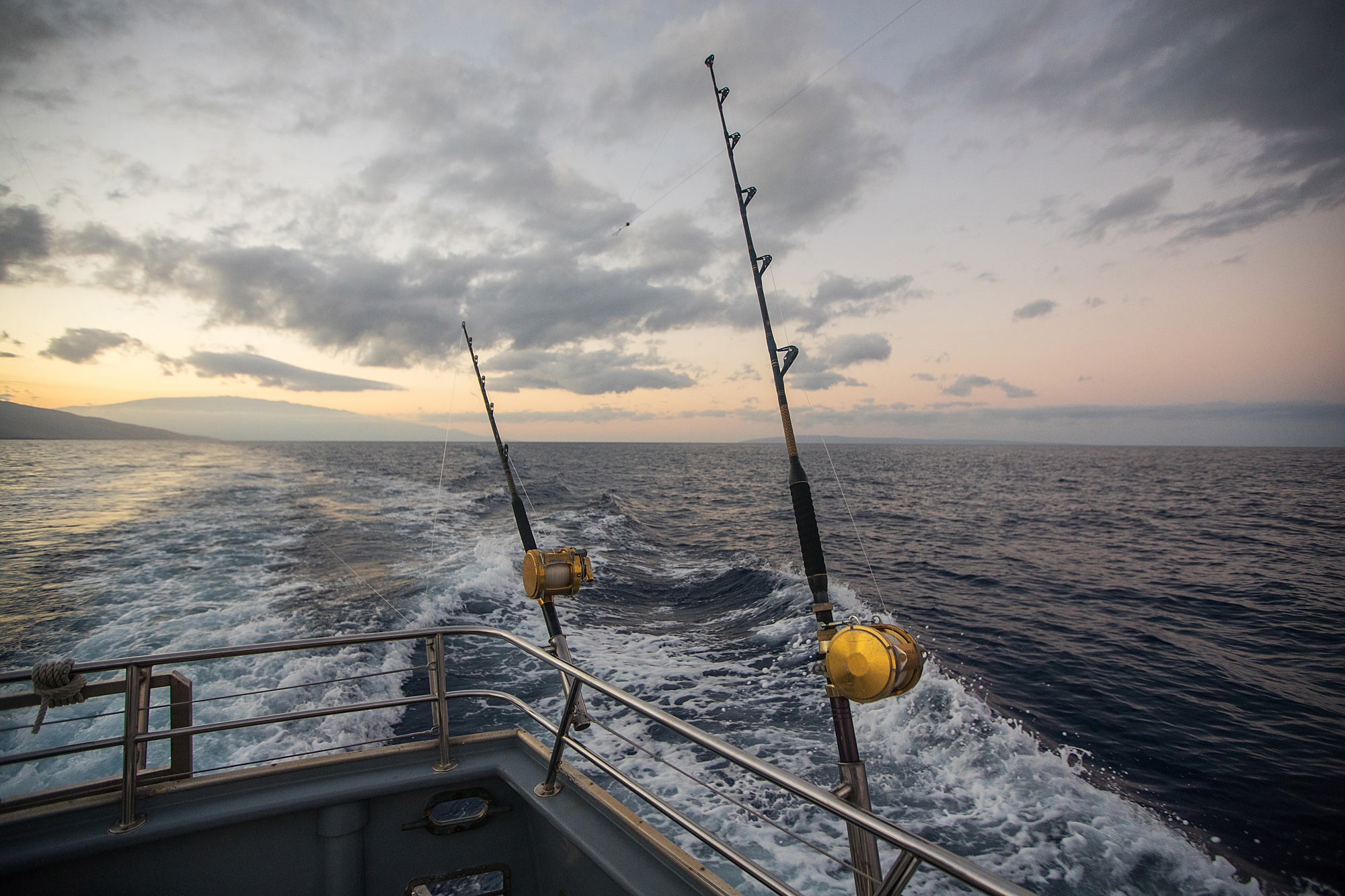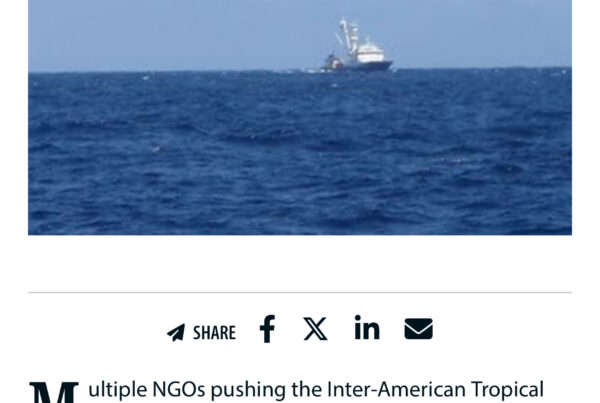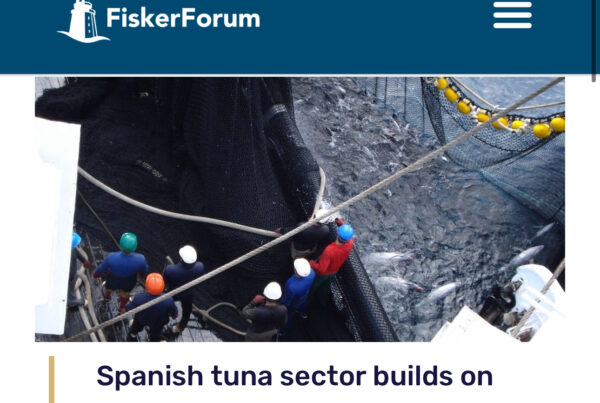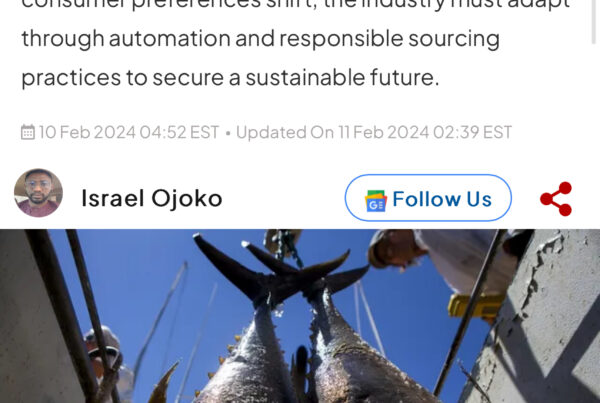WCPFC Continues to Suspend the Requirements For Fishing Observers on Tuna Vessels Until 2023
Fishing observers will not resume full monitoring of tuna purse seiners operating in the Pacific until 2023 due to the pandemic.
Ecuador Deal Reached to End Weeks of Deadly Protests and Strikes
Ecuador’s government and the country’s main Indigenous group have reached an agreement to end 18 days of often-violent strikes that had virtually paralysed the country and killed at least four people.
Century Pacific Delivers Strong 2021 Business Results
CNPF announced that it was also able to strengthen its market leadership across all segments they participated in as shelf-stable tuna (1 percentage point), corned meat (3 percentage points), and powdered milk (1 percentage point) grew by various degrees.
NOAA Seeks to Expand Protections for Ocean and Coastal Ecosystems
Expanding protection for ocean ecosystems — now a keystone in the Biden administration’s climate change initiatives — could have big effects on maritime industries.
French Polynesia’s Call to the World to Fight Illegal Fishing
French Polynesia’s Minister of Culture and Marine Resources Heremoana Maamaatuaiahutapu has told UN’s Ocean conference in Portugal that action needs to be taken to combat illegal fishing in the Pacific.
FAD Closure in the Western Pacific Began on July 1
The FAD closure in the Western Pacific for 2022 will be from July 1-September 30 for 3 months. (July, August, September).



